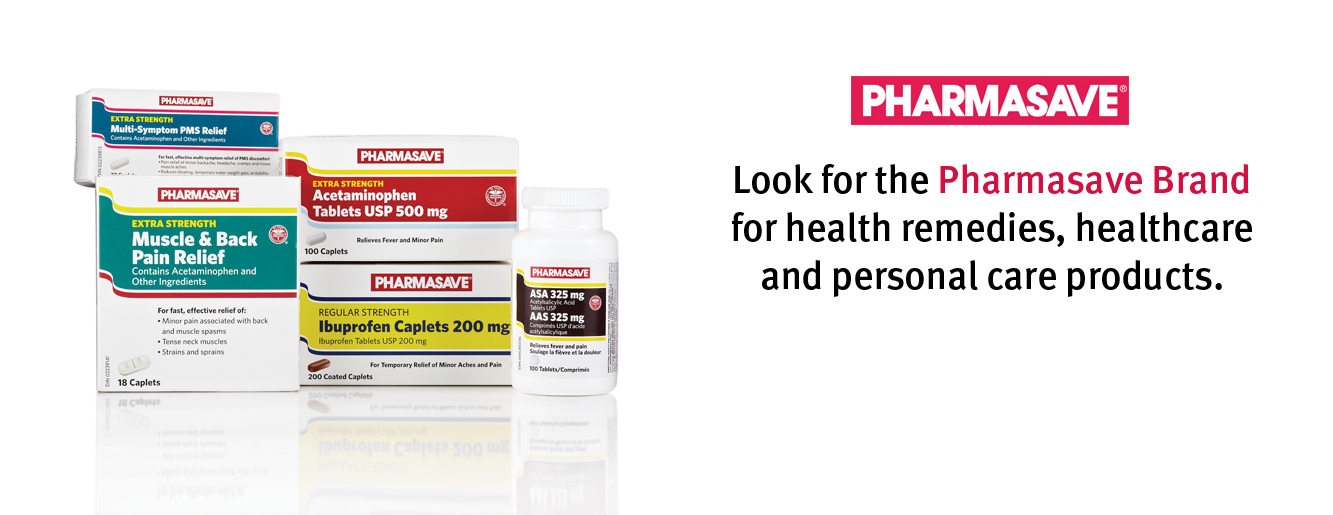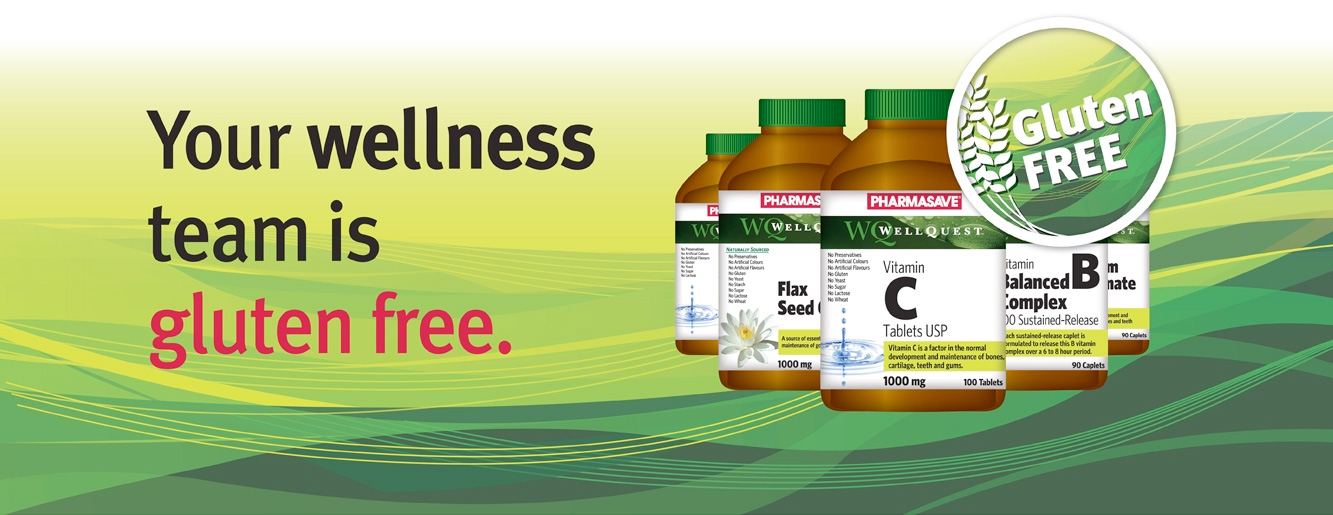What is the difference between vitamin D and vitamin D3?
There are several types of vitamin D. Most vitamin D sold over the counter is actually vitamin D3 (cholecalciferol) and has been the most studied supplement in terms of health benefits in comparison to vitamin D2 (ergocalciferol), which is a plant source of vitamin D that is also sometimes available. These types of vitamin D are converted into calcidiol which is the body’s main storage form of vitamin D, and is then further converted into calcitriol which is the most biologically active form of vitamin D. Both calcidiol and calcitriol are not available as over the counter supplements.
How much vitamin D do I need?
According to the current Canadian Recommended Dietary Allowance, infants should have approximately 400 IU per day, adults and children (9 – 70) 600 IU per day and anyone over 70 years of age 800 IU per day. Some researchers suggest everyone over the age of 50 should take vitamin D 1,000 IU per day during the winter months and some year round. Some medical conditions, such as kidney disease and osteoporosis, require daily vitamin D supplementation of 1,000 IU or more.
What is vitamin D?
Vitamin D is a fat soluble vitamin whose active form is produced by the kidneys and which can be produced by the body from exposure to sunlight.
Why is vitamin D important?
Vitamin D is most traditionally known for its role in promoting absorption of calcium and phosphate through the intestines and thus preventing disease such as osteomalacia, osteoporosis and rickets. Recent research has shown strong correlation between adequate vitamin D intake and a reduction in the instances of cancer. Vitamin D has a hormone like effect on the body that helps regulate cell growth.
How do I get enough vitamin D?
Apart from direct supplementation, most of our required amount of vitamin D is produced by our own bodies upon exposure to about 15 – 20 minutes of sunshine. Unfortunately, skin cancer is still one of the most common forms of cancer and so it is advised to apply a good broad spectrum sunscreen which also has the side effect of blocking vitamin D synthesis. Vitamin D is also found in a few foods such as fortified in food staples such as bread, margarine, soy milk, orange juice and milk and is also found in egg yolk, liver and fish oils, especially canned fish that still contains the bones.






